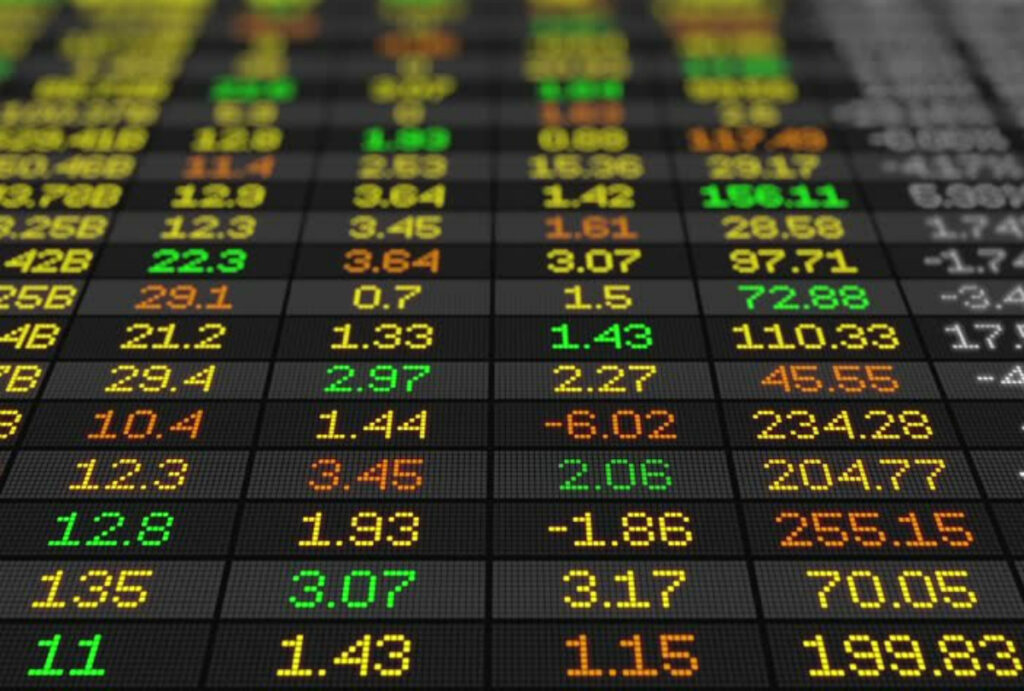ENB Pub Note: This follows on the heels of BP announcing they are reducing investments in non-profitable renewable projects and billions of dollars of losses in a couple of wind companies. “Renewable is not sustainable without tax subsidies – Just ask Looney.” – Stu Turley
President Joe Biden dislikes them. The taxman is coming after them. And Wall Street strategists warn the boom won’t last. Yet against all odds, Corporate America continues to splurge on its own shares — a force that has fueled the new year rally.
In the first month of 2023, announced buybacks more than tripled to $132 billion from a year ago, reaching the highest total ever to start a year, according to data compiled by Birinyi Associates. The planned repurchases surpassed the previous January record, set two years ago, by more than 15%.
There are signs that corporate demand is picking up pace as companies emerge out of an earnings-related blackout. Last week, the Morgan Stanley desk that executes buybacks for clients saw orders increase 5%, according to the firm’s trading team. That, along with retail buying and demand from rules-based quant funds, underpinned the S&P 500’s third weekly gain in four.
At a time when recession risks are mounting amid Federal Reserve tightening, the buying spree may be viewed as a ruthless deployment of cash. To investors who watch companies cut costs on everything from travel and hiring, however, the unbroken commitment to share buybacks offers a dose of comfort amid all the doom forecasts.
It “is encouraging especially given the generally glum views coming out of C-suites,” said Jeff Rubin, director of research at Birinyi. “But the proof will be in the pudding as we will be monitoring very closely whether companies are following through on their announcements and consummating the buyback. If they do it bounds well for the market to have that underlying corporate bid.”
Source: Birinyi AssociatesSource: Birinyi Associates
Chevron Corp.’s $75 billion buybacks marked the largest announcement for the month, accounting for more than half of the total. Yet even excluding the energy producer, January’s remaining buyback amount stood at $57 billion, a tally that’s exceeded in only three other years.
The surge in intended corporate buying, for now at least, counters to the gloomy view that stock bulls may lose one of their biggest allies. In a November note by Goldman Sachs Group Inc., strategists led by David Kostin forecast buybacks to fall 10% in 2023. In the event when the economy falls into a recession, the team predicted, buybacks would drop 40%.
The surprise uptick came during an earnings season that’s been relatively lackluster. While likely a sign that business leaders see no better use of cash when the economic outlook remains murky, the fact that they’re sticking to buybacks can be framed as a vote of confidence in their own businesses. In past downturns, firms tended to slash buybacks to preserve cash.
This time, the opposite happened. Last year, when recession fears sent the S&P 500 to a bear market, corporations stepped up buying with a record $1.26 trillion of planned repurchases.
Such corporate willingness to bid up their own shares is one reason why Inigo Fraser Jenkins, co-head of institutional solutions at AllianceBernstein, cautions against leaning too bearish on equities.
“Corporations were already the largest demand source in the decade before the pandemic, far exceeding investors’ demand,” he wrote in a report with Alla Harmsworth earlier this year. “The current exceptional pace is unlikely to be sustained as growth slows during this cycle, but we still expect robust buyback activity.”
Share This:

